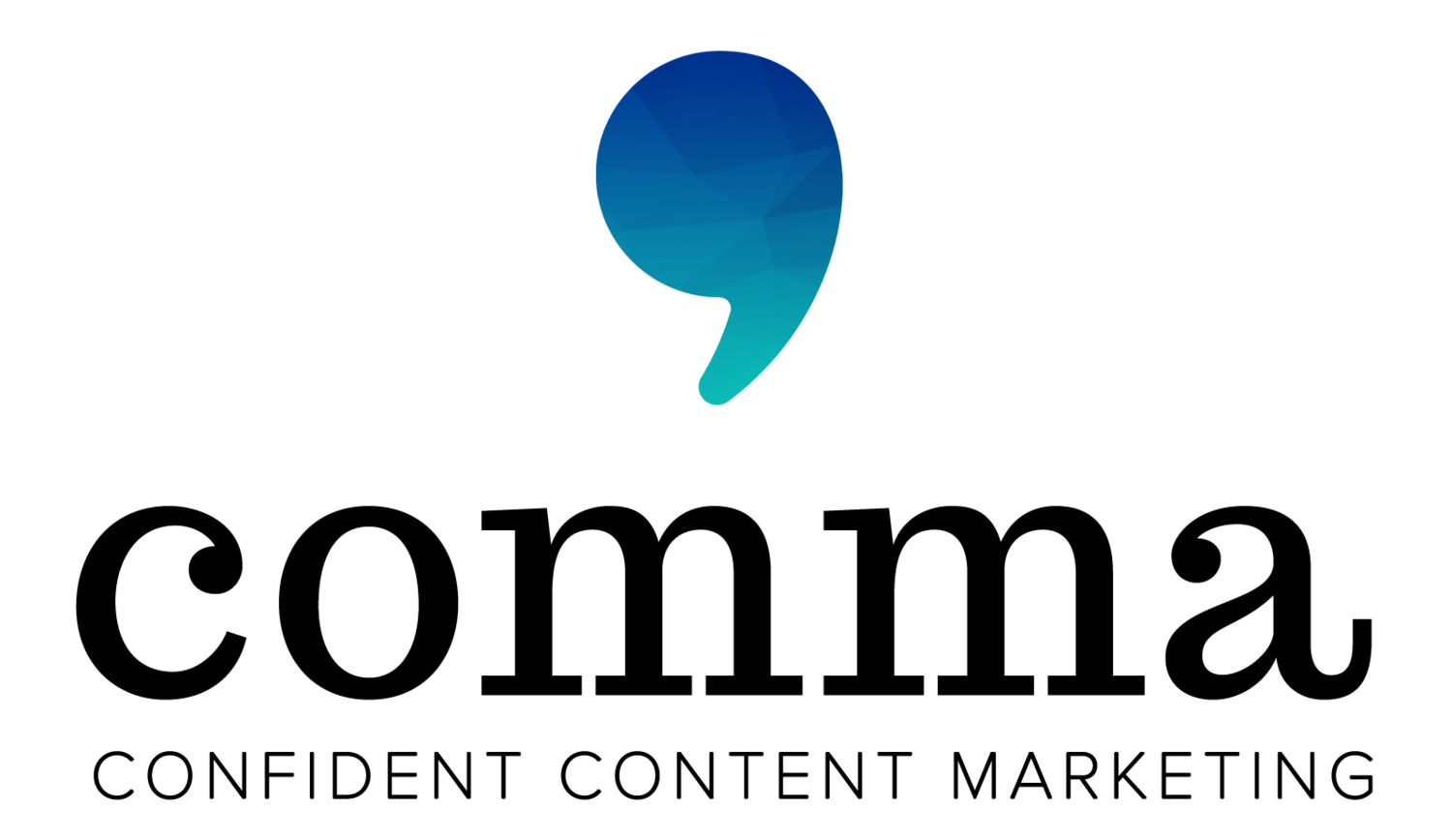Why I Belong. How Team Comma Fosters an Inclusive Environment (Catrina's Story)
Before I started writing for Comma, I had already been a professional writer for over a decade.
This is an industry that makes it very easy to be independent – you don’t necessarily need to work in an office, and you often have the opportunity to work on your own. You drive your marketing efforts, and you build up a client base. Remote work is somewhat par for the course for many writers, and my experience has been no different.
The downside is that inclusivity isn’t a primary focus for most businesses with remote workers, even though being heard, respected, and included in discussions and team-building exercises does improve morale, engagement, and retention.
Opting into Inclusion
The problem with a lack of inclusivity is that remote workers tend to get lost in the crowd. In-house employees receive support, but remote workers may barely be known.
This issue stood out to me most when COVID-19 hit in 2019. I went through a series of challenges:
My work fluctuated wildly.
I had several major medical issues to handle.
I lost my side job as a TESOL (Teacher of English to Speakers of Other Languages) educator when the company I worked for stopped all American courses.
An agency I had been with for around my entire career cut rates to keep a client, asking remote writers to take on more without a promise of returning to higher rates later. (Spoiler: they never did).
During that time, one of the things that kept sticking out to me was how poor communication was between clients, agencies, and the writers they were working with. There was a lack of respect and a lack of value placed on what I, as well as other colleagues, were doing for our clients.
After one particularly harrowing day on the job, I decided that I wanted to find somewhere new to work that would respect me as a business owner and professional in this field. I wanted to find somewhere inclusive that respected me as a person instead of a faceless individual on the internet who was, more or less, replaceable.
I stumbled on Comma.
Going through the first interview, I had a feeling that Comma was different. Talking to Comma’s Team Support Manager Paige was like a breath of fresh air. She was courteous to me and seemed honestly interested in my experience.
By the end of our chat, I wanted to schedule my next interview with her, but I had major surgery that week. I thought, “Surely, this will take me out of the running.”
It didn’t. We worked around it.
Then, during the main interview, I met more people on the team. I spoke with Comma’s Founder and President, Crystalee, and met another interviewee. There was transparency and honesty about what to expect. I was asked questions, of course, but I also got to ask my own questions to figure out if I could fit into this company’s culture.
Like all interviews, it was a little nerve-wracking, but it didn’t feel like a competition. It was a conversation. And that was the sign I needed that Comma puts people first.
Investing in Diversity, Community, and Growth
Since then, in almost a year now with Comma, I’ve learned that Comma is an inclusive community of writers. All of us are respected and expected to give that same respect to others. We work together toward a common goal, and even our clients are held to these high standards.
As a result, project completion rates are nearly 100% on time– this is virtually unheard of with other copywriting companies.
How we work together
To help us get to know each other and work together better, there are a few things Comma encourages:
Monthly meetups to learn new things and further our careers.
A book club for people who love to read.
Onboarding meetings to make project objectives clear.
Specific lines of communication to know who to talk to when you need help.
Basecamp chats and weekly discussions to talk about the things we love. (Want to know a great recipe? Wondering who you’re working with? Basecamp has it all).
Annual events all are welcome to attend, even though we’re spread out throughout the United States.
And most importantly, there are expectations for respect and inclusivity.
You simply cannot include everyone if they’re used to feeling attacked and needing to be on guard. People who feel that way don’t accept feedback well and become defensive.
I don’t have to worry about that here because Comma approaches work and life differently.
There have been client projects I wasn’t right for. There have been projects I didn’t understand as well as I would have liked. I’ve had things come up and needed to work ahead or plan a few days out of the office.
I have always received kind, respectful guidance, and support, which helps me grow in my career instead of fearing feedback from my colleagues.
At Comma, life comes first.
That’s perhaps the most inclusive part of the company– recognizing that we all have different lives and goals to achieve. From the Bucket List Grant that gives longer-term writers a bonus to apply toward one of their goals in life to helping girls in Mozambique go to school, there is a concerted effort to maintain a high level of inclusivity and respect for all who interact with or work at Comma.
Written by Catrina Cowart as part of the Comma culture series. Want to join our team? Check out our careers page.
Catrina Cowart is a copywriter, artist, and dog mom living in Lexington, Kentucky. When she’s not writing, she can be found taking photographs, traveling, or tutoring ESL learners online. Find her on LinkedIn.

